
In the context of the global knowledge economy and digital transformation, the ability to learn, create and access knowledge has become the most important “capital” of modern cities. For Ho Chi Minh City - the economic, educational and scientific center of Vietnam - developing a reading culture is an investment in the future, in people and in the quality of growth of the city.
In the Political Report presented to the 1st Congress of the Ho Chi Minh City Party Committee, the goal of building the city into a multi-centered, modern, innovative urban area, developing a knowledge-based economy and effectively mobilizing all resources for the city to maintain its pioneering role in the new era was stated.
The report stated: "Focus on training human resources for literature and arts, especially traditional arts... Develop a project to develop the publishing, printing, distribution industry and promote reading culture".
In that strategic orientation, improving reading culture is not only a cultural and spiritual task but also a component of the knowledge economy, because personal knowledge capital and the ability to access and disseminate information are soft resources that contribute to the creation of creativity, innovation and competitiveness of Ho Chi Minh City in the future. This is a fundamental strategy for the sustainable development of the most dynamic city in the country.
From policy to implementation of reading promotion
Ho Chi Minh City, with its tradition of studiousness and open-mindedness, has recognized the importance of fostering reading habits in the community. Over the past decade, from policies to practical models, the city has gradually formed a multi-layered reading ecosystem, connecting schools, families, libraries, publishers and public spaces.
The milestone project in the journey of developing the city's reading culture is the Ho Chi Minh City Book Street, inaugurated in January 2016. With a central location, standing among the architectural works bearing the city's cultural and historical imprint, the Ho Chi Minh City Book Street is the first and most successful public space model dedicated to publishing, reading, exchanging and discussing books in the country. This model is being replicated by the city and is being referenced and learned by many other localities.
After 9 years of operation, in 2024, Book Street recorded a revenue of 57.3 billion VND , an increase of more than 200% compared to 26.4 billion VND in the first year of 2016. With an estimated number of nearly 4 million visitors, Book Street has become a familiar cultural meeting place for people and tourists, becoming one of the 50 most attractive tourist destinations in 2024 in Ho Chi Minh City and the Mekong Delta.
In 2017, after the Prime Minister approved the Project on Developing Reading Culture in the Community to 2020, with a vision to 2030, Ho Chi Minh City was one of the pioneering localities to synchronously implement plans at the city and district levels. The Department of Publishing, Printing and Distribution (Ho Chi Minh City Department of Information and Communications before the merger), and later the Department of Press and Publishing (Ho Chi Minh City Department of Culture and Sports) always directed the implementation of a variety of practical reading promotion activities.
The city has a public library system including the Ho Chi Minh City General Science Library, the National Archives Center II and dozens of libraries at the district/county (old) and ward/commune levels. In addition, dozens of universities in the city are also encouraged to invest in facilities and build "book banks" to serve students. Libraries are also a compulsory component of high schools. Some specific facilities for disadvantaged groups, such as the Huong Duong Library for the visually impaired, are also actively supported by the city.
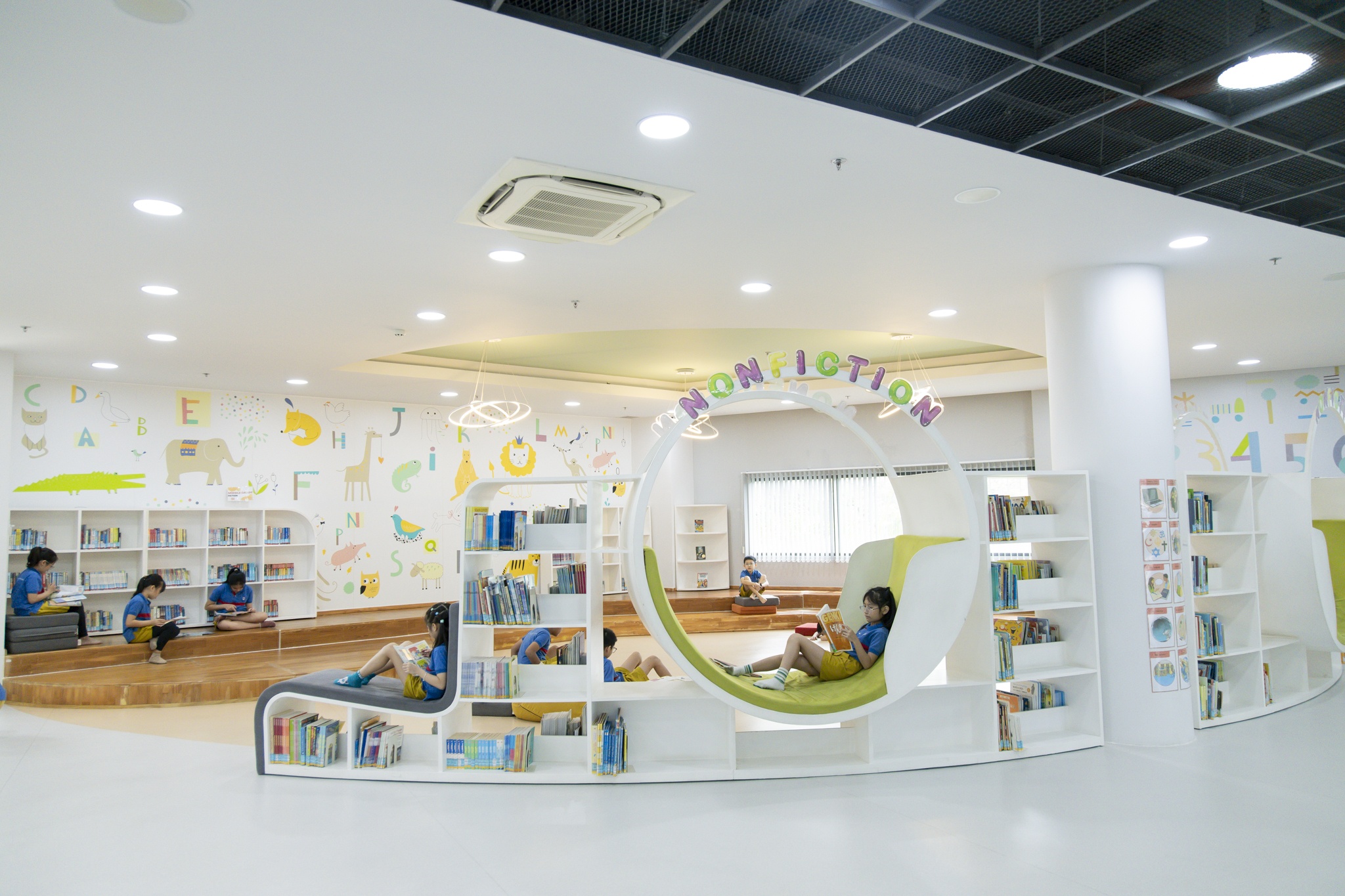
Image at a library for primary school students at a school in Ho Chi Minh City.
This network of libraries, which provides tens of thousands of books, contributes to improving access to books for all readers of different ages. The city is in the process of deploying 5 million books to libraries in the area.
Every year, the City celebrates Vietnam Book and Reading Culture Day (April 21) with a series of large-scale activities, including book fairs to stimulate the market, talks and exchanges about books, thereby spreading the reading spirit to diverse living environments, from schools, businesses to residential areas... The Tet Book Festival, which has just turned 15, has also become an annual activity, a cultural meeting place at the beginning of the year for the people of Ho Chi Minh City.
"Birds of a feather flock together", with an open policy to encourage cultural and creative units, Ho Chi Minh City is also the place to nurture or give wings to many publishing and distribution enterprises, typically including Tre Publishing House, Ho Chi Minh City General Publishing House, FAHASA, Phuong Nam... The diverse publishing ecosystem with these dynamic factors has created vitality and a foundation for reading culture to spread.
At the same time, the city is also a place that promotes the socialization of reading promotion activities. Enterprises, organizations and individuals are increasingly participating more actively in building bookcases, sponsoring reading spaces, and encouraging students to read. Many clubs, forums, and reading groups have been established and left their mark, such as Room to Read, Books and Actions, Business Books, etc.
These activities demonstrate the city's persistent efforts to consider reading as the foundation of lifelong learning, part of its human development strategy - a key element of a creative city.
With the strong development of technology and the Internet, reading culture in Ho Chi Minh City is also changing in a multi-platform direction. Many online reading applications, electronic libraries, audiobooks, and podcasts have helped expand the scope of knowledge access. The city has tested the digital library model, equipped with reading devices, tablets, and free Wi-Fi at cultural houses and schools in the suburbs. This demonstrates the city's vision of equalizing access to knowledge, not letting the "digital gap" become a "knowledge gap".
At the same time, many publishers and book businesses also invest in digital transformation, developing e-books, audiobooks and knowledge sharing platforms, creating a new reading ecosystem suitable for modern urban life.
The "nervous system" of the city of knowledge
If transport infrastructure, industry and digital technology are the “muscles” of a modern city, then reading culture is the nervous system of a knowledge city. Reading is not only an individual activity but also a measure of social capacity, reflecting the intellectual level and cultural stature of the community.
It is undeniable that Ho Chi Minh City has achieved more than a decade of promoting reading culture, but the city's publishing and reading promotion ecosystem is also facing the challenges of the new era.
Reading culture is facing competition from audio-visual culture, fast content consumption. The strong shift in consumer trends towards e-commerce is forcing sellers in all industries to change to adapt.
There are currently no specific statistics on the number of books read per capita in the past 5 years. Ho Chi Minh City plans to conduct a large-scale survey, from which it will have a basis to set goals to increase the number of books read and consumed and reading promotion activities to bring about real results.
After the merger, the library and school systems will be re-planned, and at the same time, it is necessary to carry out large-scale digitalization. Before the merger, Ho Chi Minh City had more diverse reading promotion activities than other southern provinces. Now, the density and frequency of these activities need to be multiplied equally in the newly merged area (Binh Duong, old Ba Ria - Vung Tau).
At the end of August, the Central Propaganda and Mass Mobilization Commission assigned the Party Committee of the Ministry of Education and Training to coordinate with agencies and educational institutions to review and research the implementation of reading lessons as a compulsory elective subject in primary and secondary schools to form reading habits and develop a reading culture. In the new school year 2025-2026, Hanoi pioneered the pilot implementation. With its position as a central city in the south, Ho Chi Minh City is expected to soon have an implementation plan.
Besides, the problem for city publishing is not only to nurture the reading culture internally, but also to aim to become a regional book publishing center, along with national publishing, to have a clearer presence on the world map, worthy of a knowledge city.
The bright spot is that the above challenges are also an opportunity for publishing and promoting reading Ho Chi Minh City to reflect on the past journey, set higher and further goals, to join the city and the country in rising up in the new era.
Source: https://ttbc-hcm.gov.vn/phat-trien-van-hoa-doc-xay-dung-do-thi-tri-thuc-tp-hcm-1019783.html



![[Photo] Many dykes in Bac Ninh were eroded after the circulation of storm No. 11](https://vphoto.vietnam.vn/thumb/1200x675/vietnam/resource/IMAGE/2025/10/15/1760537802647_1-7384-jpg.webp)


![[Photo] General Secretary To Lam attends the 18th Hanoi Party Congress, term 2025-2030](https://vphoto.vietnam.vn/thumb/1200x675/vietnam/resource/IMAGE/2025/10/16/1760581023342_cover-0367-jpg.webp)
![[Photo] Conference of the Government Party Committee Standing Committee and the National Assembly Party Committee Standing Committee on the 10th Session, 15th National Assembly](https://vphoto.vietnam.vn/thumb/1200x675/vietnam/resource/IMAGE/2025/10/15/1760543205375_dsc-7128-jpg.webp)
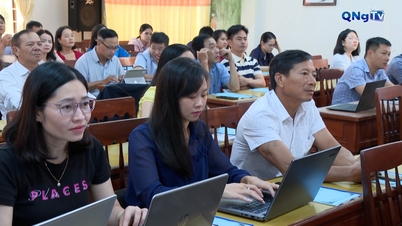

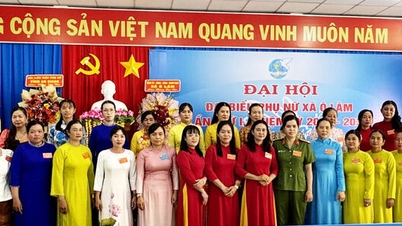

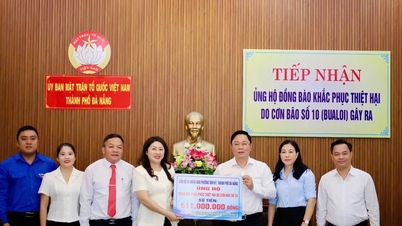

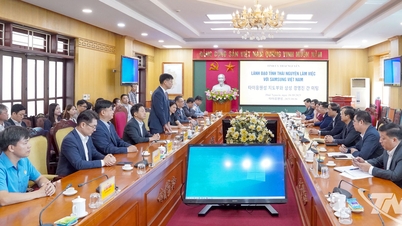

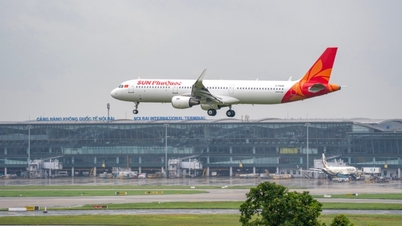

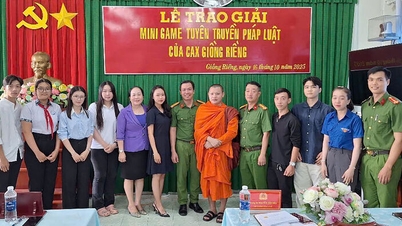






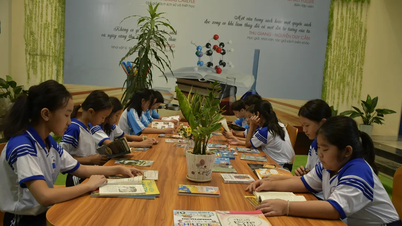
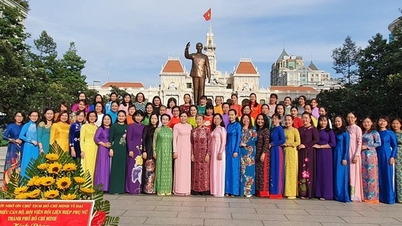
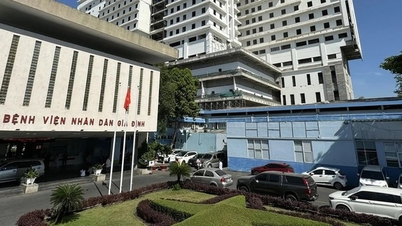






![[Video] TripAdvisor honors many famous attractions of Ninh Binh](https://vphoto.vietnam.vn/thumb/402x226/vietnam/resource/IMAGE/2025/10/16/1760574721908_vinh-danh-ninh-binh-7368-jpg.webp)



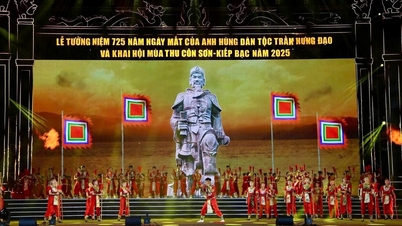






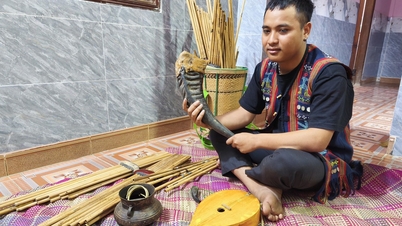
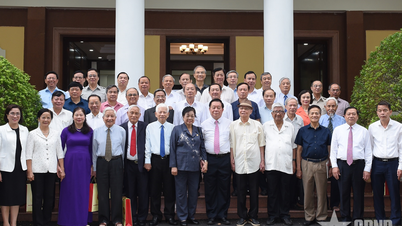





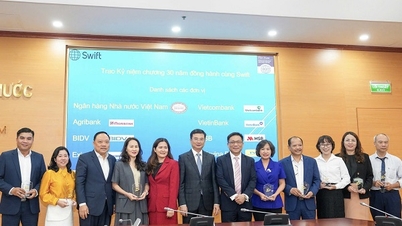

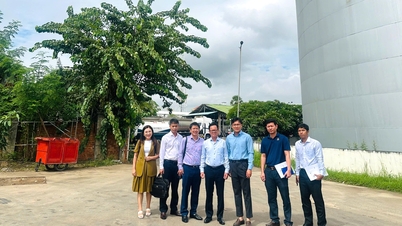






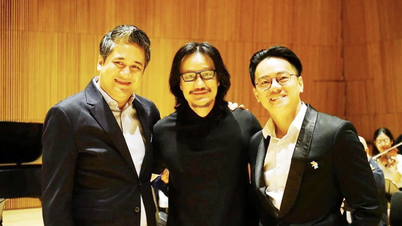




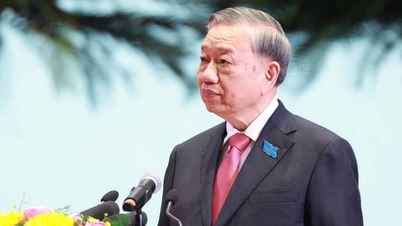

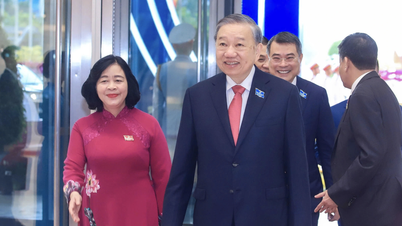
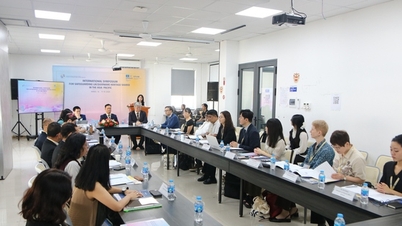

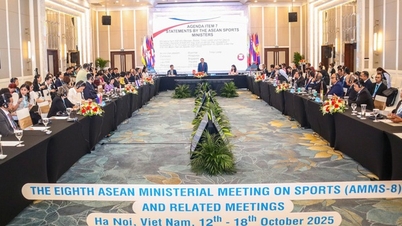
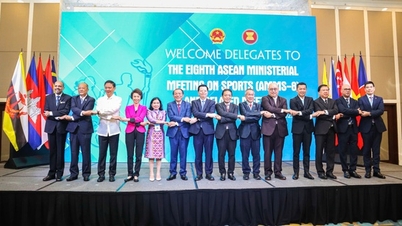


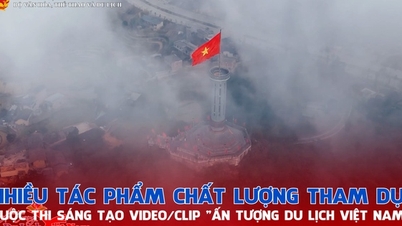


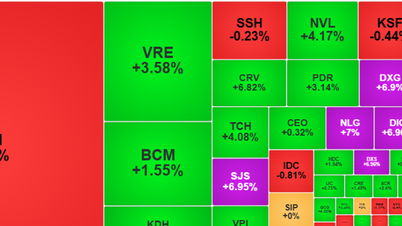



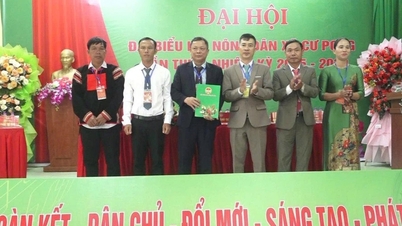

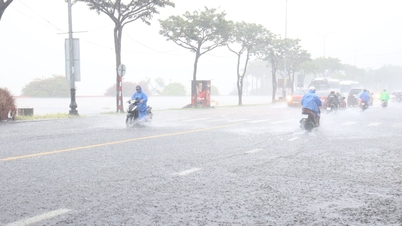












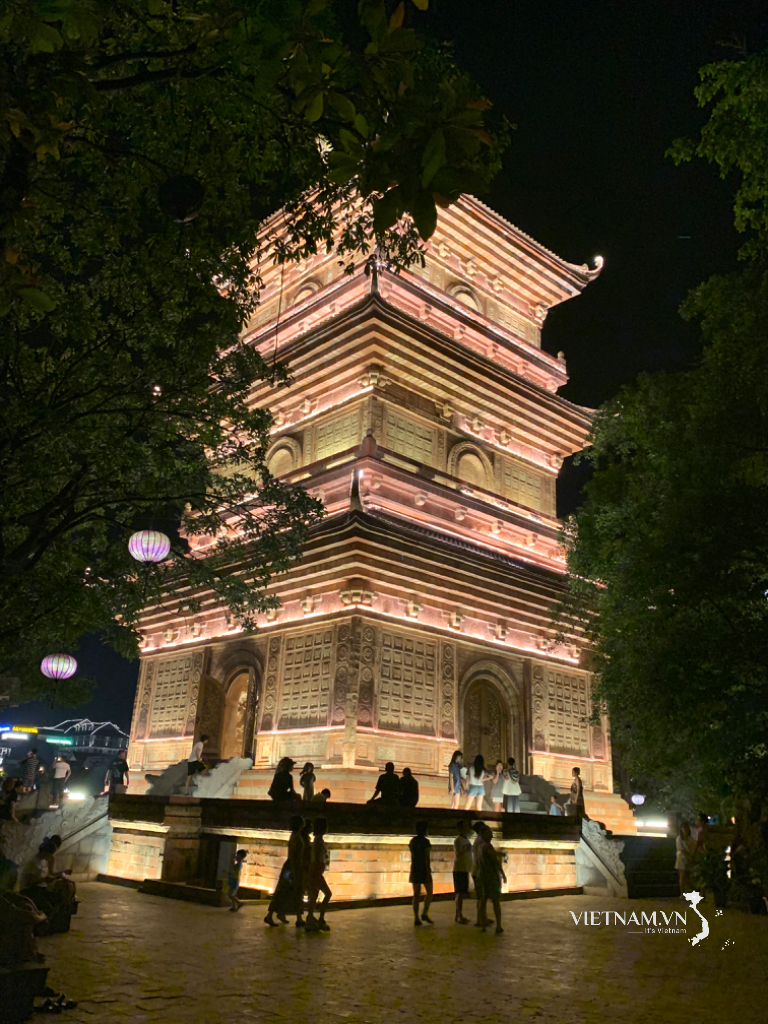



Comment (0)